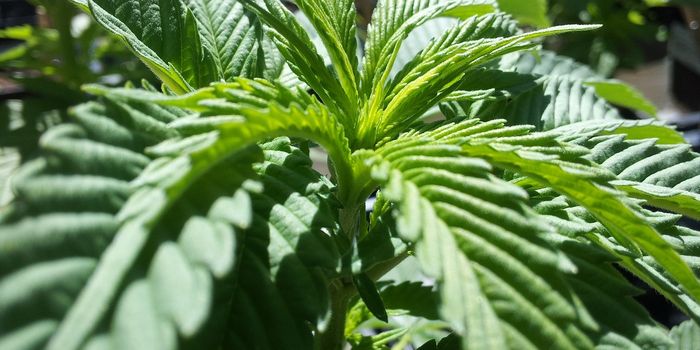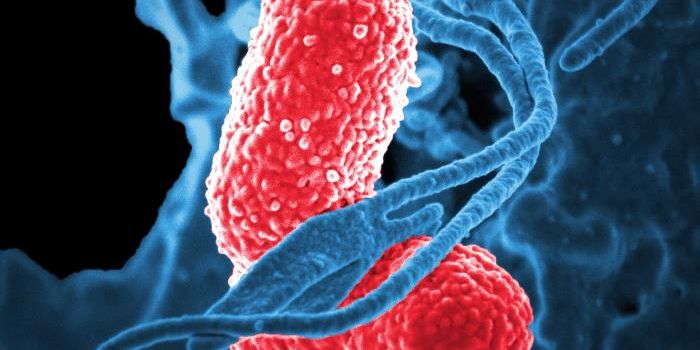
Theories for the existence of long COVID include slow recovery of organ damage, persistence of chronic inflammation during an extended recovery period, generation of antibodies that turn on the host's body itself to cause tissue damage, persistence of the virus in the body, effects of critical care treatment in the hospital, complications from other illnesses present in the host, or adverse effects of medications.
Since the pandemic began, physiotherapists at Mount Sinai Hospital's Abilities Research Center in New York have treated long COVID patients – 1,600 and counting. Physiotherapist David Putrino has noticed that the fully vaccinated are still at risk for long COVID. Vaccines should reduce the risk of developing long COVID since they're meant to lower the risk of contracting COVID, but research suggests that at best, vaccination halves the risk of long COVID if a breakthrough infection occurs and at worst offers no protection against long COVID at all. And long COVID has been shown to develop after asymptomatic cases as well.
Long COVID can be debilitating. Putrino states that approximately 60% of his patients with long COVID have either had to change jobs or stop working altogether due to symptom severity.
What's the likelihood of developing long COVID after COVID-19 infection? A UK study estimated between 7% and 18% of people with COVID-19 later developed long COVID with symptoms lingering for at least 5 weeks. With regard to the likelihood of developing long COVID when vaccinated, a study out of Israel found that 19% of breakthrough infections in health care workers had symptoms that lasted for more than 6 weeks.
An immunologist at Yale University, Akiko Iwasaki, states that results from studies examining the effects of vaccination on long COVID have been disappointing. "I honestly thought the vaccine would protect against long COVID much more extensively."
Sources: Diabetes Metab Syndr, Nature, BMJ Yale, New England Journal of Medicine
-
APR 30, 2024Immuno-Oncology Virtual Event Series 2024
-
MAY 07, 20243rd International Biosecurity Virtual Symposium
-
SEP 03, 2024Microbiology Week Virtual Event Series 2024
- See More

















































